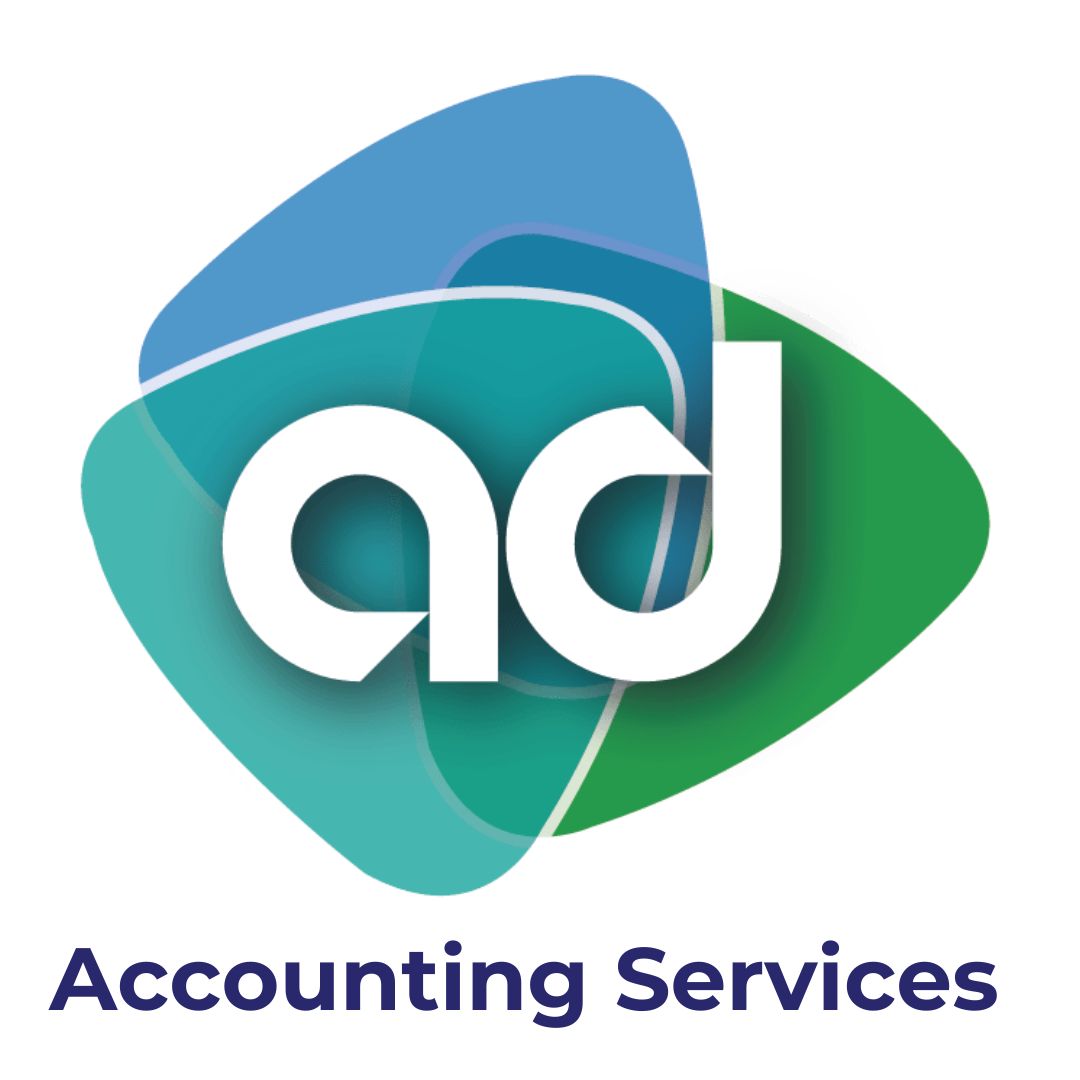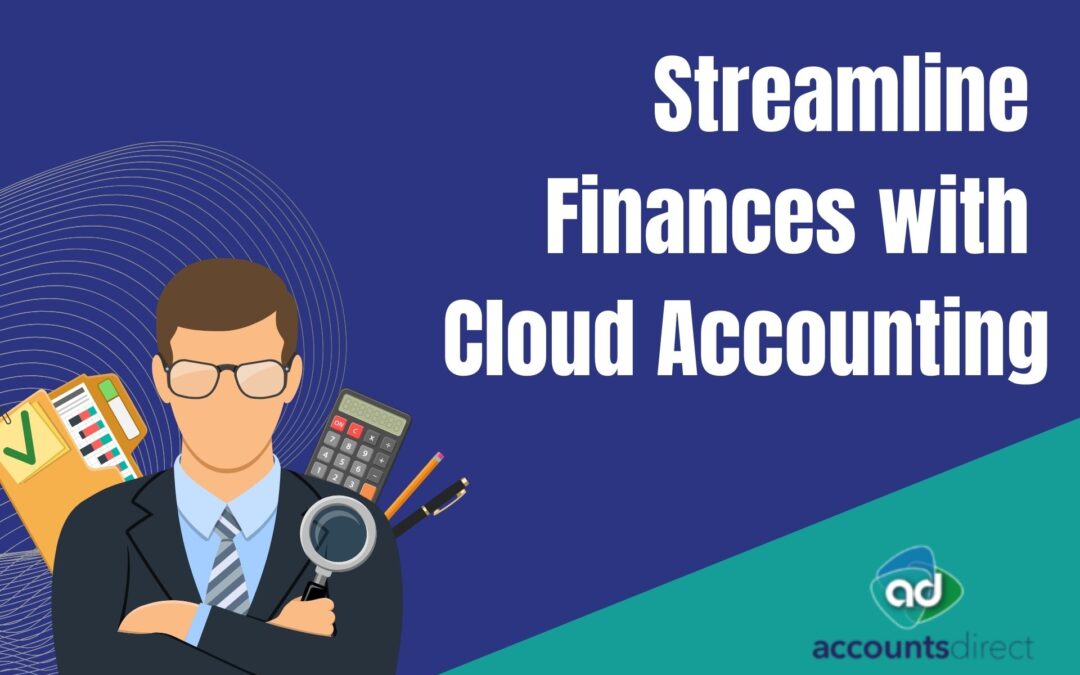Introduction: The Evolution of Accounting in the Cloud
In the digital age, cloud-based accounting has revolutionized the way businesses manage their finances, offering unparalleled flexibility, accessibility, and efficiency. Let’s delve into the benefits of cloud-based accounting and how businesses can leverage this technology for streamlined financial management
Cloud-based accounting, also known as online accounting, involves storing and accessing financial data and software over the internet, rather than on local servers or computers. This shift to the cloud has transformed traditional accounting practices, enabling businesses to access real-time financial information from anywhere, at any time.
Accessibility and Flexibility
Cloud-based accounting provides businesses with the flexibility to access financial data and perform accounting tasks from any internet-enabled device.
- Remote Access: Access financial data and accounting software remotely, allowing for seamless collaboration among team members, regardless of their location.
- 24/7 Availability: With these solutions, businesses can access real-time financial information and perform accounting tasks at any time, enhancing productivity and decision-making.
Cost Efficiency
It eliminates the need for expensive hardware and software installations, reducing upfront costs and ongoing maintenance expenses.
- No Hardware Requirements: These solutions are hosted on remote servers, eliminating the need for businesses to invest in expensive hardware infrastructure.
- Pay-As-You-Go Pricing: Many cloud-based accounting providers offer subscription-based pricing models, allowing businesses to pay only for the features and services they need, without long-term commitments.
Enhanced Security and Data Protection
It’s platforms implement robust security measures to protect sensitive financial data from unauthorized access and cyber threats.
- Data Encryption: Financial data stored in the cloud is encrypted, ensuring that it remains secure and protected from potential breaches or cyberattacks.
- Regular Backups: Online accounting solutions often perform regular backups of financial data, safeguarding against data loss due to hardware failure or other unforeseen circumstances.
Real-Time Collaboration and Reporting
It facilitates real-time collaboration and reporting, enabling stakeholders to access up-to-date financial information and make informed decisions.
- Collaborative Tools: This software often includes collaborative features such as shared access to financial data and the ability to assign tasks and track progress.
- Customizable Reports: Generate customizable financial reports in real-time, allowing businesses to gain insights into their financial performance and make data-driven decisions.
Scalability and Integration
Cloud-based accounting solutions are highly scalable and can be easily integrated with other business applications, allowing for seamless expansion and integration with existing workflows.
- Scalable Solutions: These accounting platforms can scale with business growth, accommodating increased transaction volumes and expanding business operations.
- Integration Capabilities: Integrate software with other business applications such as CRM systems, inventory management software, and payment processing platforms, streamlining operations and improving efficiency.
Conclusion
In conclusion, cloud-based accounting offers businesses a flexible, cost-effective, and secure solution for managing their finances in the digital age. By leveraging the accessibility, flexibility, and collaborative features of cloud-based accounting platforms, businesses can streamline financial management processes, enhance data security, and make informed decisions to drive long-term success.

